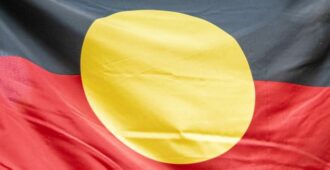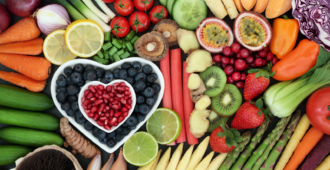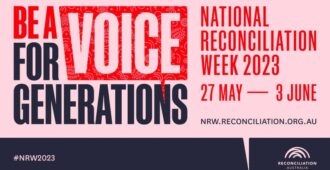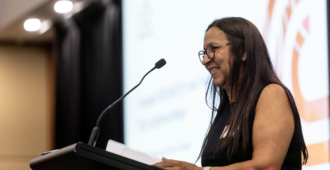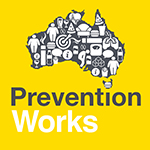
An Australian Prevention Partnership Centre project has identified a number of simple ways to reduce food insecurity in urban Aboriginal communities – the first study in Australia to capture local community voices in finding solutions to the problem.
Food insecurity occurs when families have run out of food and have not been able to afford to buy food during the past 12 months. It is experienced by one in five urban Aboriginal households, compared to just under 4% of the general population, according to the Australian Bureau of Statistics.
Research embedded in the Study of Environment on Aboriginal Resilience and Child Health (SEARCH) asked Aboriginal families, Elders, Aboriginal health workers, local councils, charities, food suppliers and local government in both the regional town of Wagga Wagga, NSW and in Campbelltown in western Sydney, to identify the many interconnected reasons that contribute to families’ inability to ensure a stable supply of fresh, healthy food.
The communities have nominated several measures to improve food security in their communities, including a pop-up grocer to sell healthy food at a reasonable price and a shuttle bus service to take people to the supermarket; providing support with education around budgeting and meal planning; and providing subsidised healthy food boxes.
Hear more about the issue of food insecurity in Aboriginal communities in Prevention Works, the innovative podcast series produced by the Prevention Centre.

